A post on the Chicago Reader‘s blog, Bleader. — J.R.
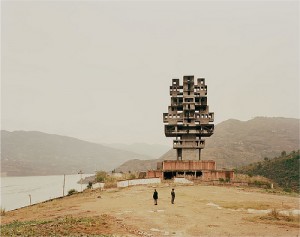
Film Rotterdam #2: Another venue, another timetable
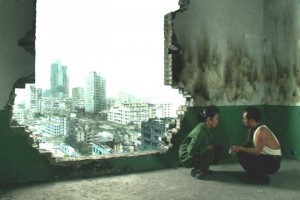
It’s hard at many festivals apart from the biggest ones to determine whether a film is really “new” or not: “new” in relation to where? I was fortunate enough to attend the world premiere of Jia Zhangke’s Still Life in Venice last year and then resee it in Toronto a week or so later. It’s playing in Rotterdam now, and perhaps it will reach Chicago a year from now, or maybe a little sooner. In the busy cafe-bar of the Lantaren/Venster, the oldest of the festival’s three multiscreen multiplexes (where virtually the entire festival was taking place the first year I attended, 1984), between two programs, I buy a Chinese DVD of this film, priced around $10 in Euros from a clerk who assures me that this version has English subtitles, even though they aren’t mentioned on the box — something I may not be able to confirm until I’m back in Chicago next month. But then, just before a Chinese indy film called Weed starts a few minutes later, I find I’m sitting a row away from Chinese film expert and sometime Reader reviewer Shelly Kraicer, who assures me that (1) this version is subtitled, and (2) it can be bought on the streets of Beijing for about $1.10 — or 80 cents if it’s from a pirated source. Read more
From Film Comment (September-October 1998). This is a restructured and substantially revised, updated, and otherwise altered version of my “Trailer for Histoire(s) du cinéma,” which appeared originally in French in the Spring 1997 issue of Trafic. Among the more important changes are a suppression of virtually all of my multiple comparisons of Histoire(s) du cinéma with Finnegans Wake in the original (which, paradoxically, seemed more appropriate in a French publication than in an American one), an expansion of much of the interview material, and an extended quotation from Godard’s review of Rob Tregenza’s Talking to Strangers.
My apologies for some format irregularities that I wasn’t able to fix. -– J.R.
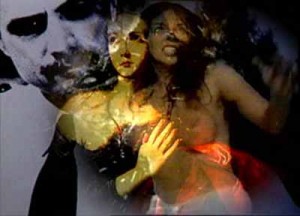
GODARD AS CRITIC
JLG (at press conference): I still look at movies the same way today than I did [at the time of the New Wave], but I know it’s not the same world, exactly. Even if we enter the theater the same way, we don’t go out the same way.
Q: How is it different? Read more
From Film Comment (September-October 1998). This is a restructured and substantially revised, updated, and otherwise altered version of my “Trailer for Histoire(s) du cinéma,” which appeared originally in French in the Spring 1997 issue of Trafic. Among the more important changes are a suppression of virtually all of my multiple comparisons of Histoire(s) du cinéma with Finnegans Wake in the original (which, paradoxically, seemed more appropriate in a French publication than in an American one), an expansion of much of the interview material, and an extended quotation from Godard’s review of Rob Tregenza’s Talking to Strangers.
My apologies for some format irregularities that I wasn’t able to fix. -– J.R.
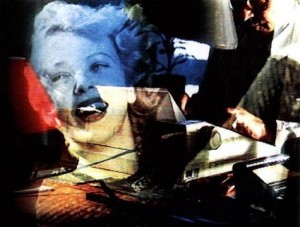
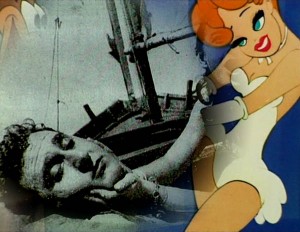
Part of the following derives from two film festival encounters — a panel discussion on Godard’s Histoire(s) du cinéma held in Locarno in August 1995, and some time spent with Godard in Toronto in September 1996. I participated in the first event after having seen the first four chapters of Godard’s eight-part video series; unlike my co-panelists, I’d been unable to accept Godard’s invitation to view chapters 3a and 3b, devoted to Italian neorealism and the New Wave, in Rolle a few days earlier. Read more





